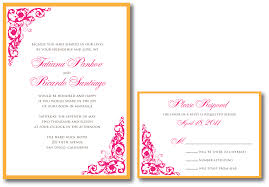记忆方法
将“invitation”分解为“in”和“vite”,想象向某人伸出手(“vite”类似于“vite”招手),表示邀请(“in”表示向内或里面),形成“邀请”的图像。这种方法通过形象化的联想帮助记忆这个单词。
以上内容由AI生成, 仅供参考和借鉴
中文词源
invitation 邀请,招致
来自invite,邀请,招致。
英语词源
- invitation (n.)
- mid-15c., from Latin invitationem (nominative invitatio) "an invitation, incitement, challenge," noun of action from past participle stem of invitare "invite, treat, entertain," originally "be pleasant toward," from in- "toward" (see in- (2)). Second element is obscure; Watkins suggests a suffixed form of root *weie- "to go after something, pursue with vigor," and a connection to English gain (see venison). Meaning "the spoken or written form in which a person is invited" is from 1610s.
权威例句
- 1. "I can't pass this up." She waved the invitation.
- “我不能错过这个机会,”她挥舞着请帖说。
- 2. Elizabeth had a standing invitation to stay with her.
- 伊丽莎白受到邀请,可以随时去她家住。
- 3. I visited Japan in 1987 at the invitation of the Foreign Minister.
- 应日本外相的邀请,我于1987年访问了日本。
- 4. The Syrians have not yet accepted an invitation to attend.
- 叙利亚人还没有接到出席邀请。
- 5. Entry to this competition is by invitation only.
- 只有受邀请才能参加本次竞赛。
